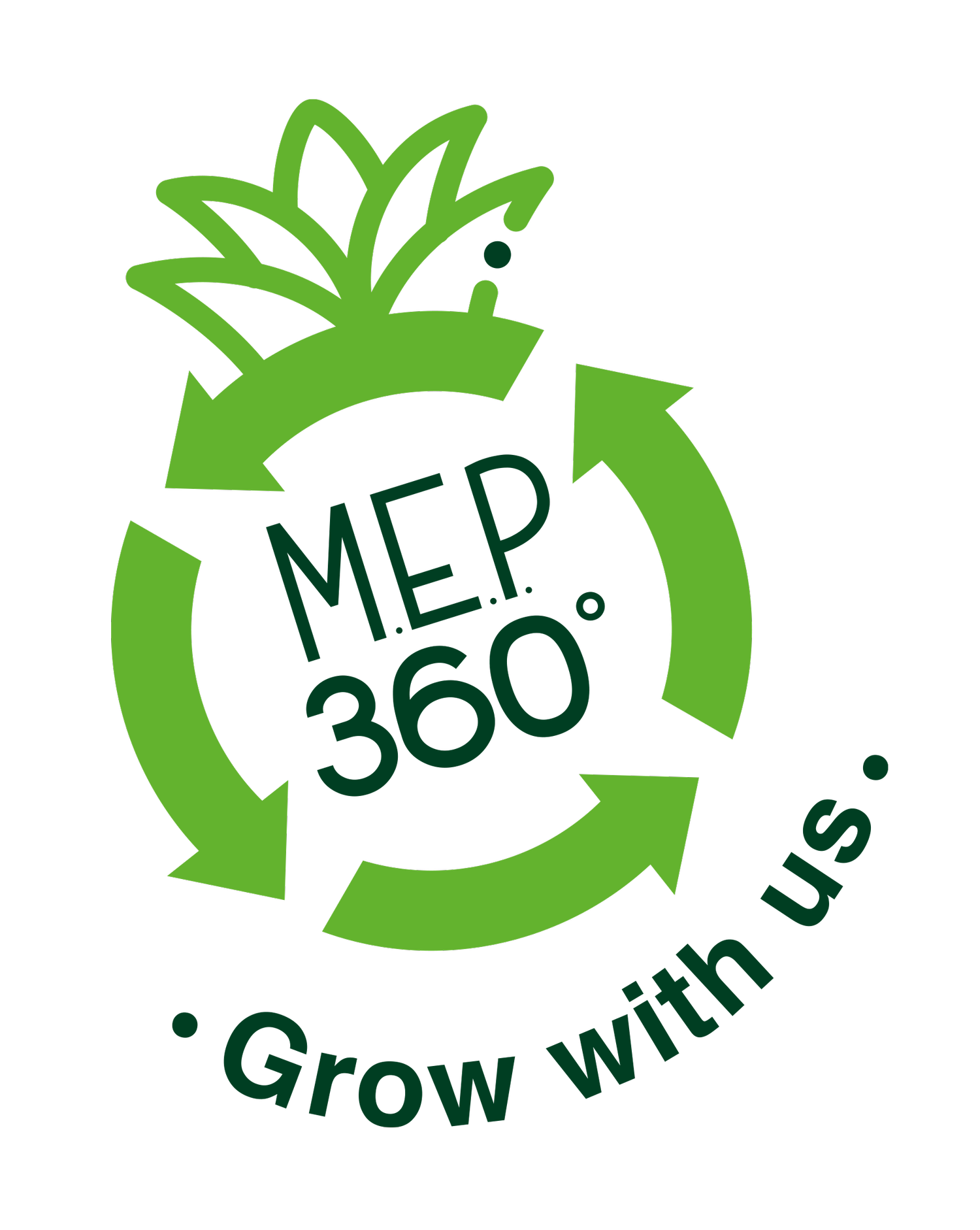Compost made in an industrial composter - more than a trend…
When it comes to managing organic waste, businesses, municipalities, and institutions are under growing pressure to find solutions that are efficient, sustainable, and compliant with environmental regulations. Traditional composting methods—like open windrows or static piles—have been around for centuries, but they aren’t always practical at scale. That’s where industrial in-vessel composting systems come in.
These enclosed, controlled systems offer a smarter, faster, and cleaner way to transform organic waste into nutrient-rich compost. Let’s dive into the key benefits.
Faster Composting
In-vessel composters accelerate the natural breakdown process by maintaining optimal conditions—oxygen levels, moisture, and temperature are all automatically regulated. While traditional composting can take months, in-vessel systems can produce high-quality compost in just a few weeks.
An enclosed in-vessel system locks in smells, filters emissions, and creates a clean operation that’s neighbor-friendly. For institutions in urban or suburban areas, this is a game-changer.
High-Quality, Consistent Compost
Because the composting environment is carefully monitored and controlled, the end product is uniform, pathogen-free, and nutrient-rich. This consistency makes it especially valuable for landscaping companies, farmers, gardeners or municipalities that want to use the compost.
One of the key measures of compost quality is safety. In-vessel composters maintain high temperatures long enough to destroy harmful pathogens, weed seeds, and parasites. The result is a stable, sanitized product that meets (and often exceeds) regulatory standards.
Lower Environmental Impact
By diverting organic waste from landfills, in-vessel composting significantly reduces methane emissions—a potent greenhouse gas. On top of that, these systems are designed to capture and treat leachate and emissions, minimizing risks to groundwater and air quality.
An industrial in-vessel composter is more than just a waste management tool—it’s an investment in efficiency, sustainability, and community goodwill.
M.E.P. Juice has perfected the art of cold-pressing the most nutritious and flavorful juices. Through M.E.P. 360, our sustainability division, we’ve developed a well-balanced blend of fruit by-products, creating premium, nutrient-rich vegan compost with consistent, reliable results; qualities that simply aren’t possible with open-air composting.
